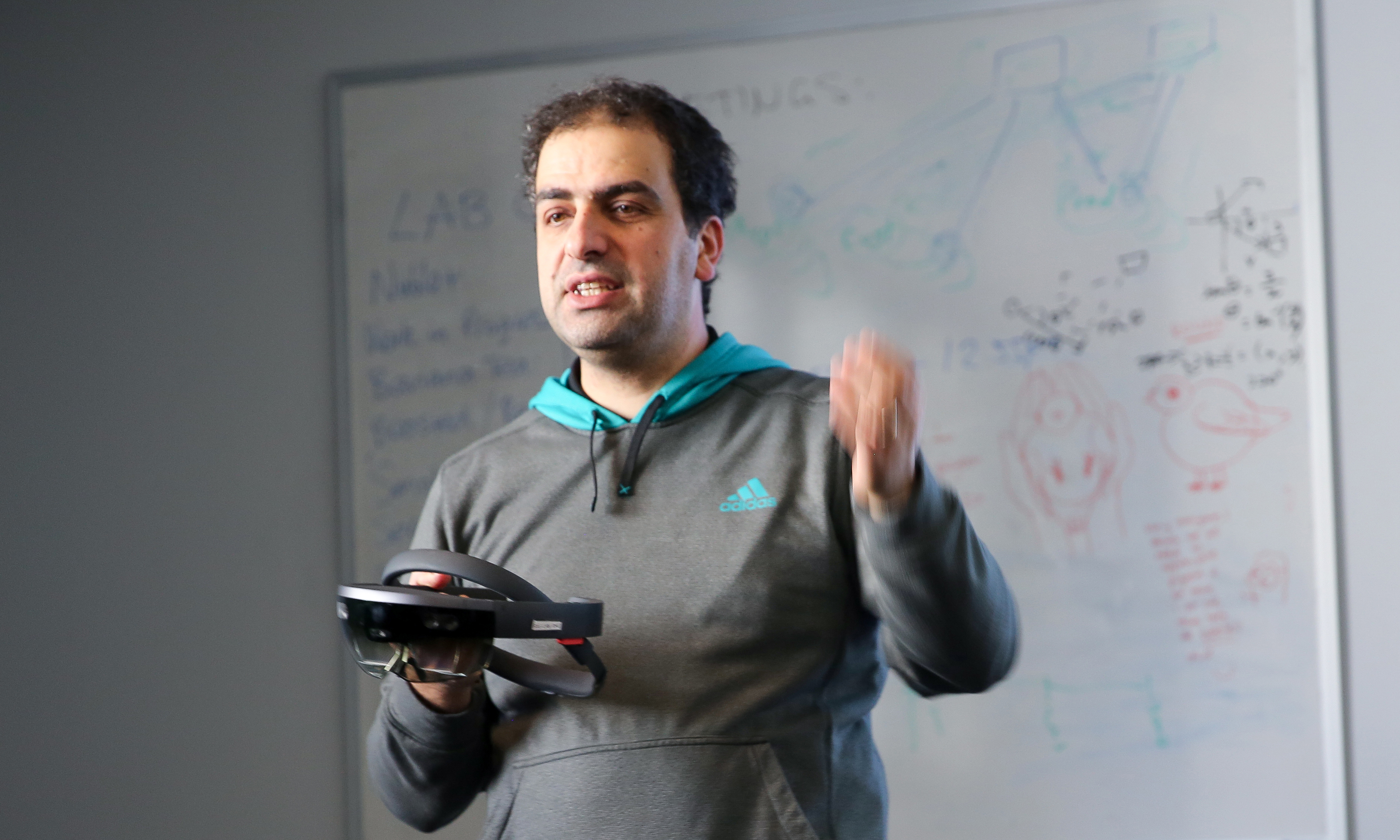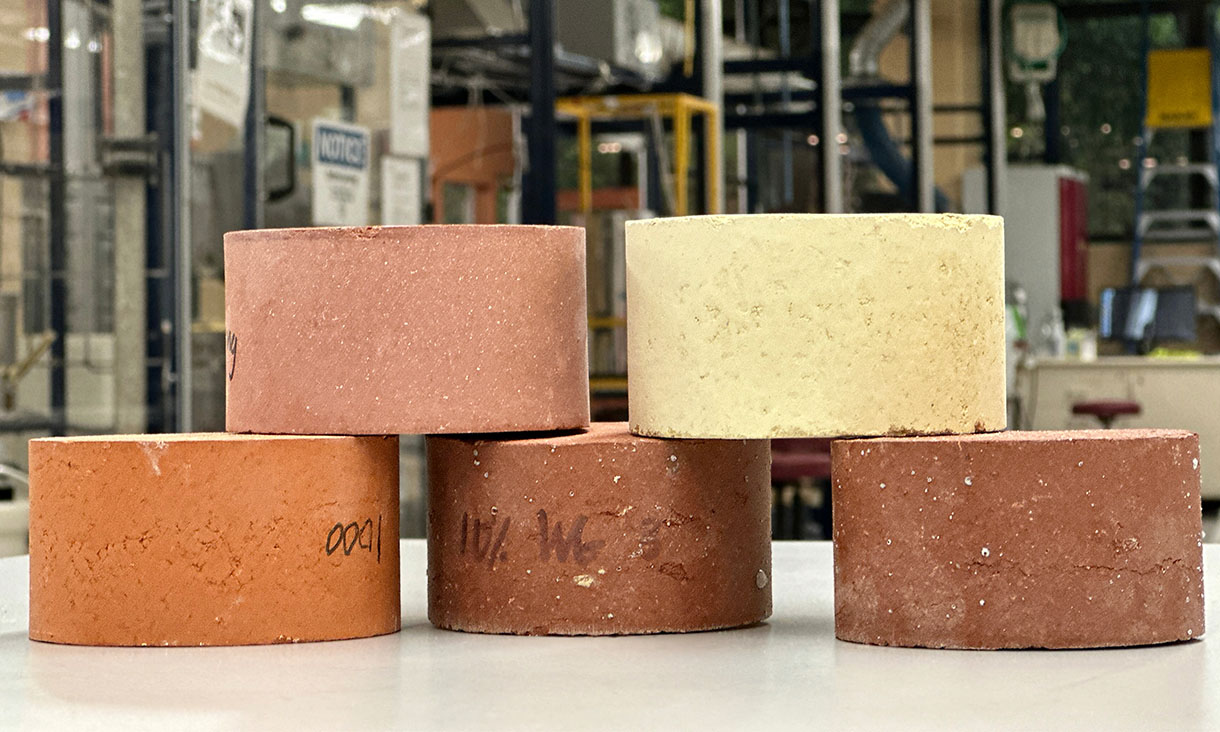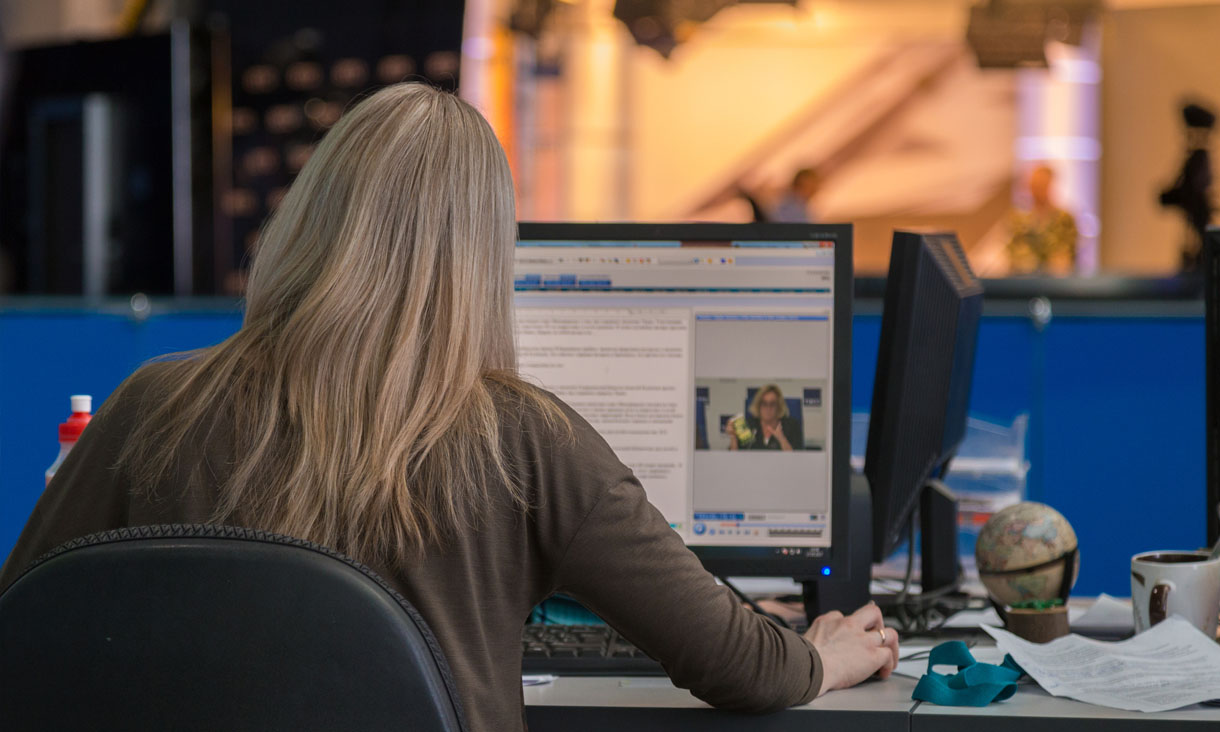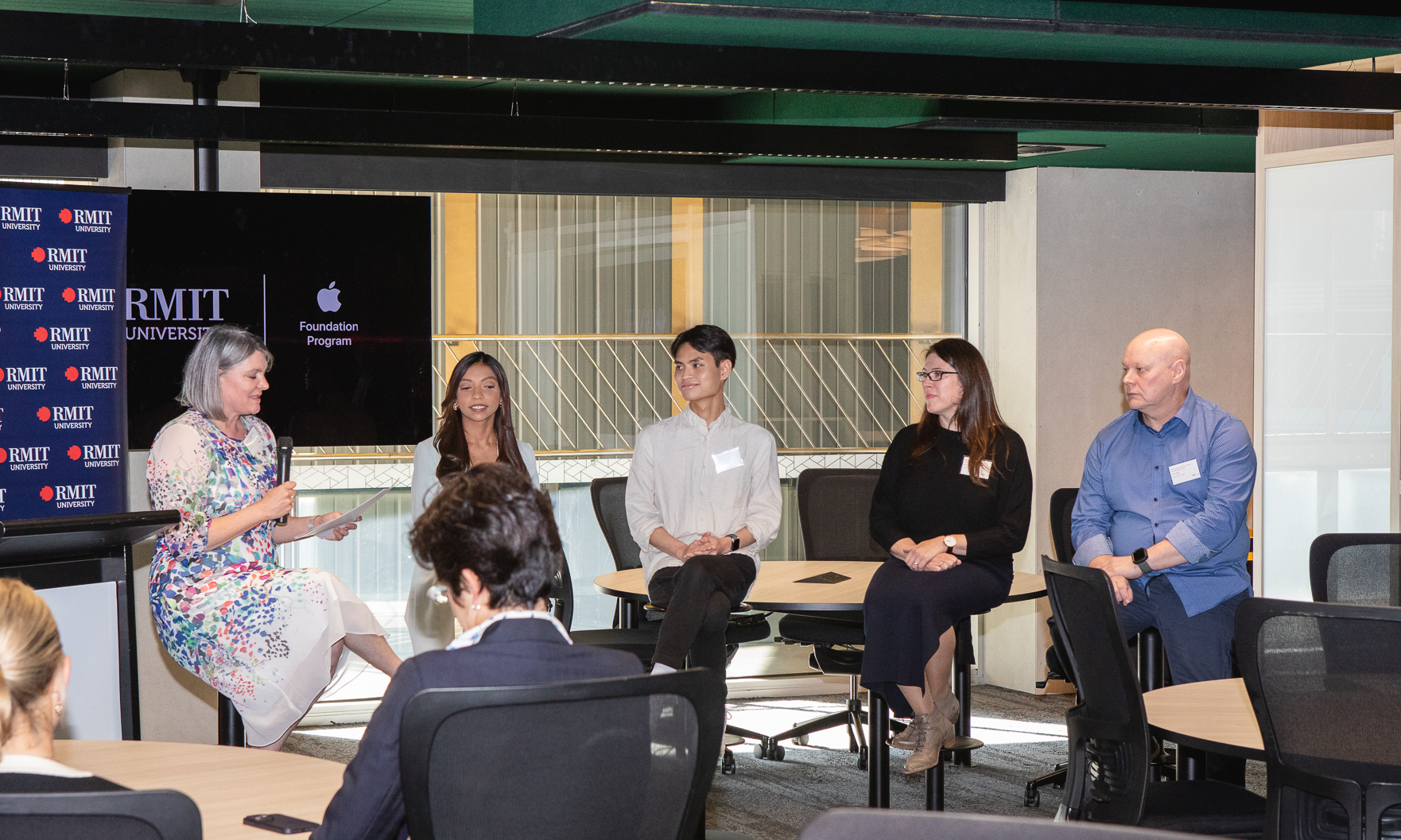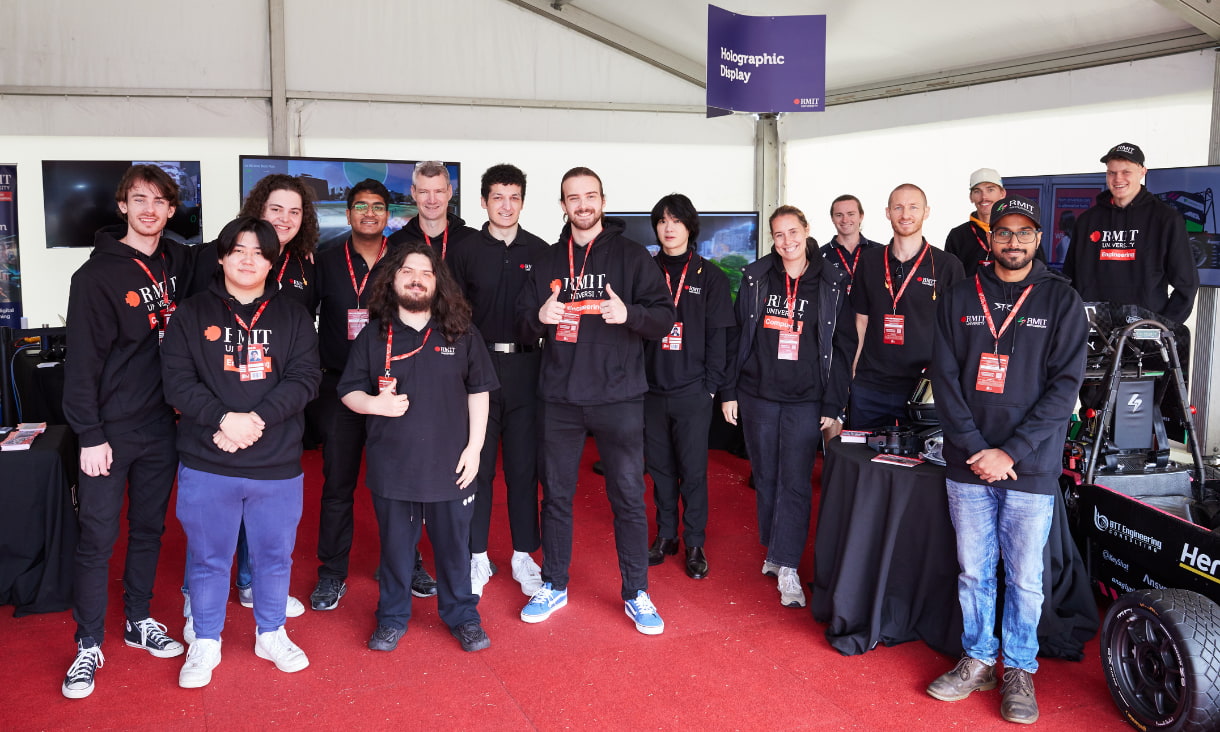Are there any big myths or misconceptions about the future of AI?
There are many indeed! The one that bugs me the most is that intelligent robots or machines will be taking over the world soon. We’ve made a lot of advances but we’re a long way away from realising the full potential of this kind of technology.
Current automation software will likely make lots of desk jobs redundant sooner rather than later though. For example, a report published last year by the Foundation for Young Australians as part of its New Work Order research series found that 65 per cent of children in primary school today will work in jobs that don’t yet exist.
There are ethical implications too as we get closer to autonomous cars removing the need for human drivers and see the development of drones that can kill with clinical precision.
How will AI and machine learning improve the way we live in the future?
Computers are everywhere and software services already dictate the way we carry out most of our work and leisure.
The work being done in our field promises to improve the way humans interact with these computers.
Our hope is to make software in the future that understands and adapts to the needs of users much better, making the interaction feel a lot more natural.
What new developments are you excited about?
Autonomous flight and drive are really taking off and will start to change transportation dramatically. Several American states have passed legislation relating to driverless cars and, closer to home, a driverless bus trial has taken place in Victoria.
Mixed reality smart glasses and headsets are also starting to change the way we interact with computers and experience digital content, while self-learning computers are also rapidly improving computer games.
I predict that within the next five to 10 years we’ll really see sci-fi fantasies come to life with the rise of smart holographic assistants and smart homes.
What do you love about your work?
Attempting to solve very complex technical problems in a novel way is really exciting. I’m lucky to work with people across many disciplines, which has always been deliberate in my career.
I work with designers, digital artists, aerospace engineers, psychologists and creative writers, on top of all my computer science colleagues.
I absolutely love this specific aspect of my research work, as I have always strived to be well-rounded and educated in both the sciences and the humanities.
What will you be working on during your secondment with Microsoft?
I’ll be focussing on intelligent user interfaces, blending elements of machine learning with mixed reality to improve productivity apps including Microsoft Office.
Be part of the conversation about Ethical Innovation & Industry Transformation! Join local and international leaders from industry, research and innovation, 18 - 20 February at RMIT. Find out more at Engaging for Impact 2019.
Story: Grace Taylor

